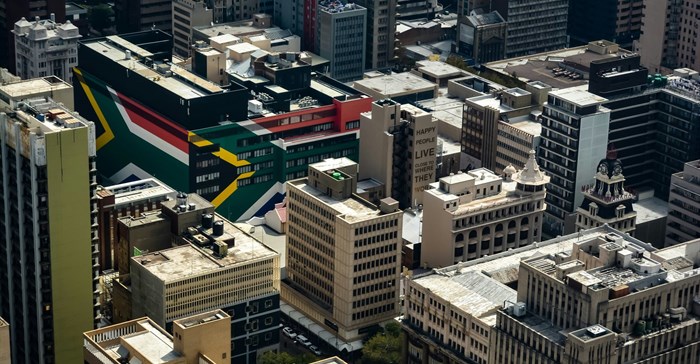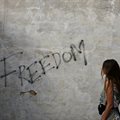I enjoy theatre because it offers a raw and authentic experience. Actors, singers, and dancers invest countless hours in practice to deliver flawless performances, as there are no opportunities for retakes in front of a live audience.
Recently, I transformed my Sundays into theatre days.
On one such Sunday, I attended the closing show of Sophiatown at the John Kani Theatre at the Market Theatre.
The performance left me profoundly emotional; tears streamed down my face as I watched the poignant depiction of life and forced removals in Sophiatown between 1955 and 1960. I found myself still grappling with my emotions hours after the curtains closed.
A recent review by Kgomotso Moncho-Maripane echoed these sentiments, praising the play's timeless appeal and its profound engagement with South Africa's turbulent history.
The review highlighted how Sophiatown not only revisits the vibrant but tragic community of the 1950s but also poses a pertinent question that resonates deeply in today's sociopolitical climate: "What kind of SA do you want?"
Directed by the talented Aubrey Sekhabi, the play has been noted for its brilliant script and vibrant setting that brings to life the melting pot of cultures that was Sophiatown.
Terence Ngwila and the rest of the cast deliver performances that are both heartfelt and powerful, capturing the spirit of a community torn apart by apartheid yet resilient in its dignity and unity.
What struck me hardest was the realisation that the conditions depicted — a mid-century tragedy — mirror the current reality for many in Meadowlands.
Nearly 70 years after the forced removals, descendants of those displaced continue to battle a debilitating cycle of demotivation, alcoholism, criminality, and unemployment.
The stories of individual characters, told so vividly as the play concluded, underscored a relentless echo of disenfranchisement that persists through generations.
This haunting reflection serves as a poignant reminder of the deep-seated issues that remain unaddressed in our society.
30 years of freedom
As we approach the 30th anniversary of Freedom Day, it is crucial to reflect not only on the strides we have made towards democracy but also on the stark realities that many South Africans still face.
The legacy of apartheid is still very much alive in the systemic poverty and the ongoing psychological and economic struggles of black communities.
In telling the story of Sophiatown, the play not only showcased spectacular talent but also engaged us in a necessary conversation about our collective past and its continuing impact on our present.
I encourage everyone to witness this powerful production as it reopens soon at the State Theatre. It is more than just entertainment; it is an urgent call to acknowledge and act upon the deep-rooted inequalities that haunt our nation.
As South Africa commemorates the 30th anniversary of Freedom Day, it's a poignant moment for reflection on the journey from apartheid to democracy and a crucial opportunity to look forward to the nation's future.
This milestone offers more than just a celebration of liberation; it beckons us to contemplate the strides made, the challenges overcome, and the road ahead.
Civic responsibility lies at the heart of this commemoration. It urges every citizen to engage actively in shaping the nation's future, to participate in democratic processes, and to hold leaders accountable.
Our democracy is not a passive inheritance but a living, evolving entity that requires constant nurturing and vigilance.
Moreover, Freedom Day compels us to honour the unsung heroes who have contributed to South Africa's democratic journey.
It's a day to recognise the sacrifices of ordinary people and to amplify their voices in our collective narrative. Their stories remind us that the fight for freedom is ongoing and that each of us has a role to play.
Looking ahead, we must confront the challenges that threaten to undermine our hard-won freedoms.
Corruption, injustice, and social divisions continue to plague our society, demanding decisive action and unwavering commitment to the values of democracy. We must strive for a South Africa where every individual, regardless of race, gender, or background, can enjoy equal rights and opportunities.
In conclusion, Freedom Day symbolises not only a triumph of the past but a beacon of hope for the future.
It's a day to celebrate our resilience, acknowledge our shortcomings, and recommit ourselves to the ideals of democracy and equality.
As we stand on the threshold of a new era, let us honour the legacy of those who came before us by building a South Africa that is truly free, inclusive, and just for all its citizens.































